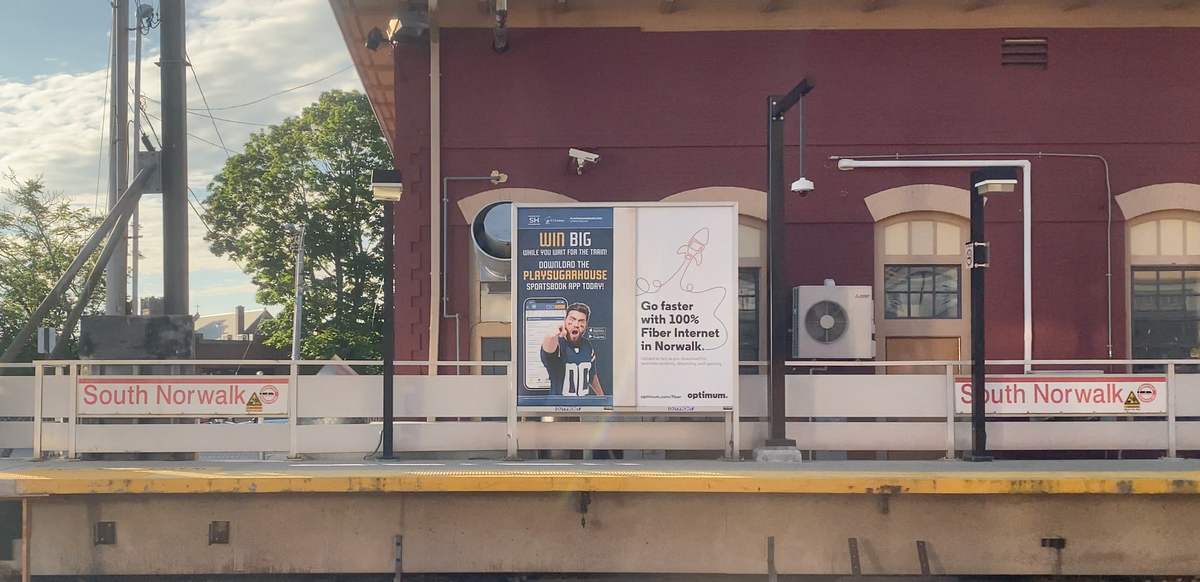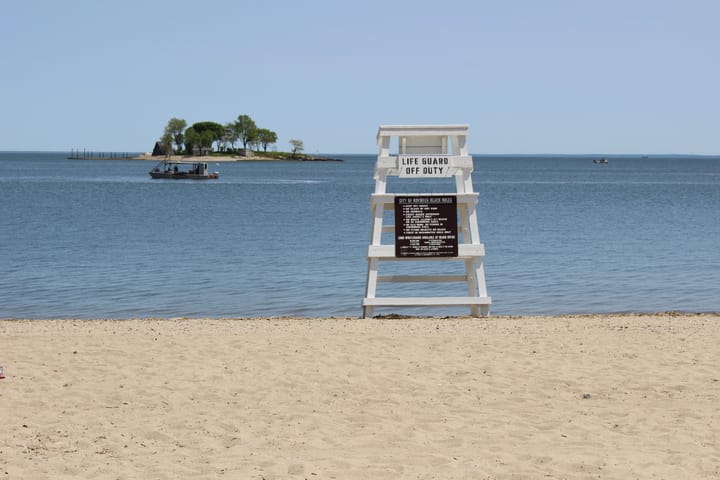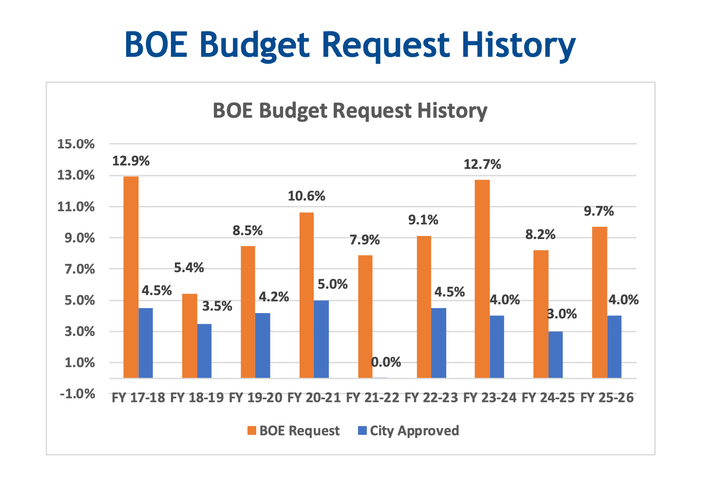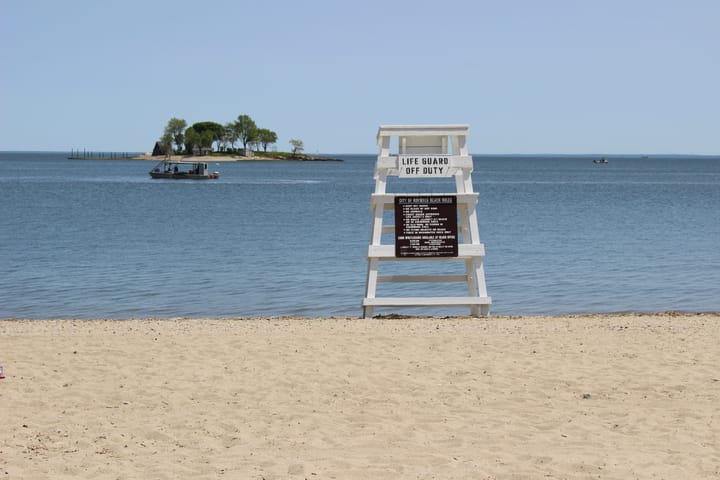Norwalk Council Votes to Legalize Retail Cannabis
The Norwalk Common Council approved the retail sale of cannabis in the city, which could go into effect once zoning regulations for retailers are put into effect.

Norwalk officially adopted an ordinance legalizing the sale of cannabis in the city soon—albeit with tight regulations.
Council member Lisa Shanahan, the chair of the city’s Ordinance Committee, called it “one of the most thoughtful ordinances passed in the state of Connecticut” and said that other communities could use it as an example for their own.
The council voted 11 to 1 to approve the ordinance. The legalization will officially go into effect once the city’s Planning and Zoning Commission adopts zoning regulations (defining which zones the retailers can be located in and how far they have to be from “sensitive” spaces, such as schools). Here’s a look at what’s included in it:
- The regulations limit the number of cannabis retailers to a total of three in the city.
- Cannabis consumption is banned from all city property, including beaches, parks, sidewalks—except a location that will be designated by the Mayor where public consumption is allowed. (Note: This is required under state statute because the city voted to legalize retail sales within its borders, so there must be at least one public place designated for it to be legal to be consumed.)
- The ordinance also established a Norwalk Cannabis Account, intended to house the sales tax collected by the city from the legal sales.
- The funds from the cannabis account can go to specific programs, such as: services for people who were released from prison, mental health and addiction services, youth services, and streetscape improvements in neighborhoods where the retailers are located.
- Fines will be given out for those who consume cannabis or allow it to be consumed in public places where it is prohibited.
Some members of the public, who spoke at the council meeting, were against the retail sales of cannabis.
Resident Martin Tagliaferro said that he was “totally against legalization all together” and asked how parents could effectively make the argument that drugs were bad, when they were legal in the city.
“We’re on the losing side of the argument,” he said. “I think it’s wrong, I think you’re making a mistake.”
Resident Lisa Brinton, who is running as an independent for State Senate in Norwalk, said that while she supported the state’s efforts to legalize and decriminalize cannabis, she was concerned over the public space aspect. She also said that she worried any revenue the city got from this legalization would “go to ordinance enforcement.”
Richard Bonefant, a Norwalk resident, who was against legalization, said that the council was “abdicating or running away from its responsibility” by making the mayor select the spot where cannabis could legally be consumed.
“When things go wrong, you get to say ‘I didn’t pick it,’” he said.
Council member Josh Goldstein, who worked on crafting the ordinance, said that they specifically designated that responsibility to the mayor because it allowed the administration to “make quick changes on the ground,” if a problem with that space were to arise, and to “respond to information from law enforcement.”
Goldstein said he was glad to “introduce a highly regulated and profitable industry to Norwalk.” He noted that because sales would be regulated, people wouldn’t be worried that they were purchasing “something laced with fentanyl” or other powerful substances.
Council member Darlene Young said that she wants to make sure the funds that come in from cannabis sales are used to “move the needle” on equity and families impacted by the war on drugs.
Council member Bryan Meek, the lone vote against the ordinance, said that while he appreciated the work his council members put into the ordinance, he felt it was “a solution looking for problems.”



